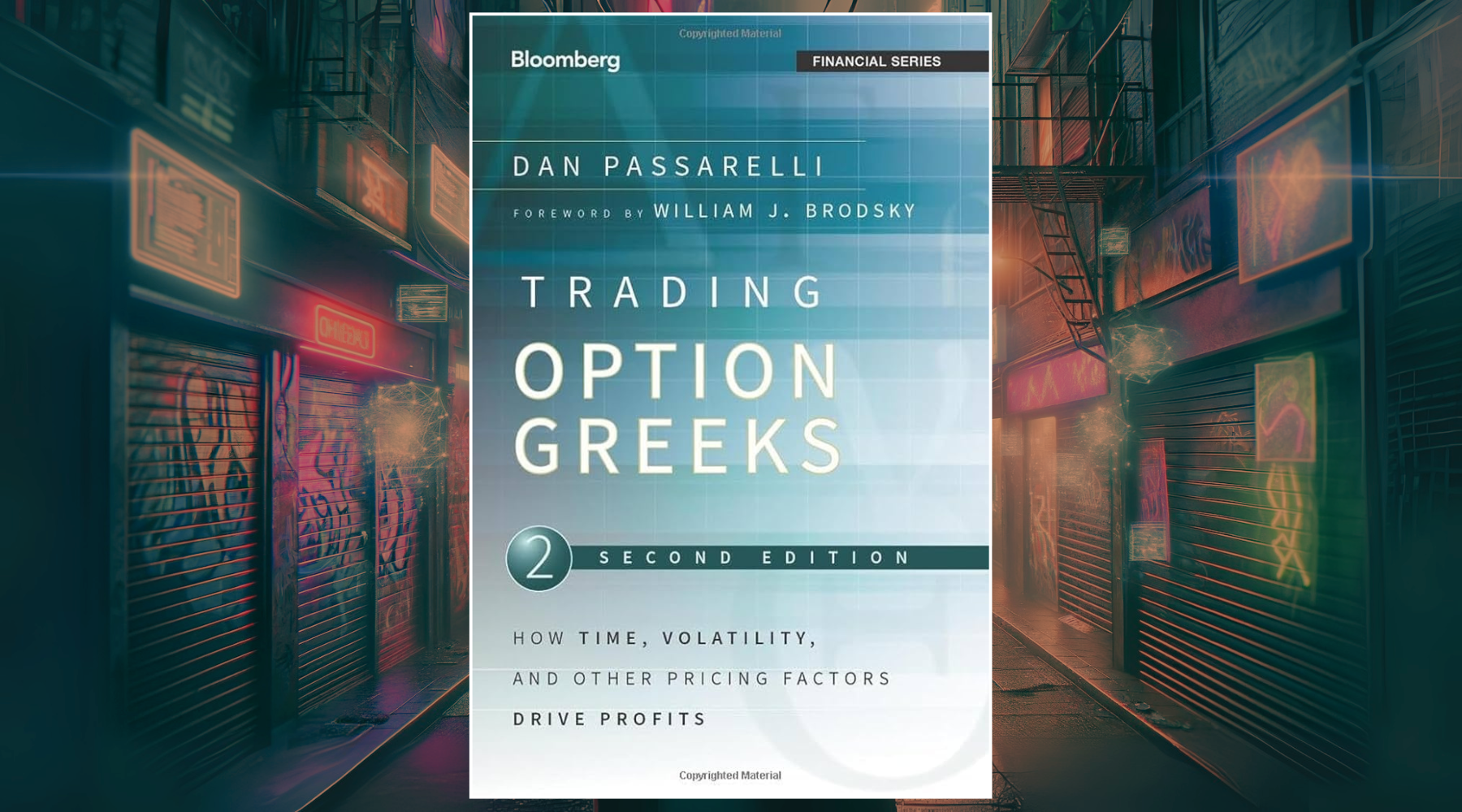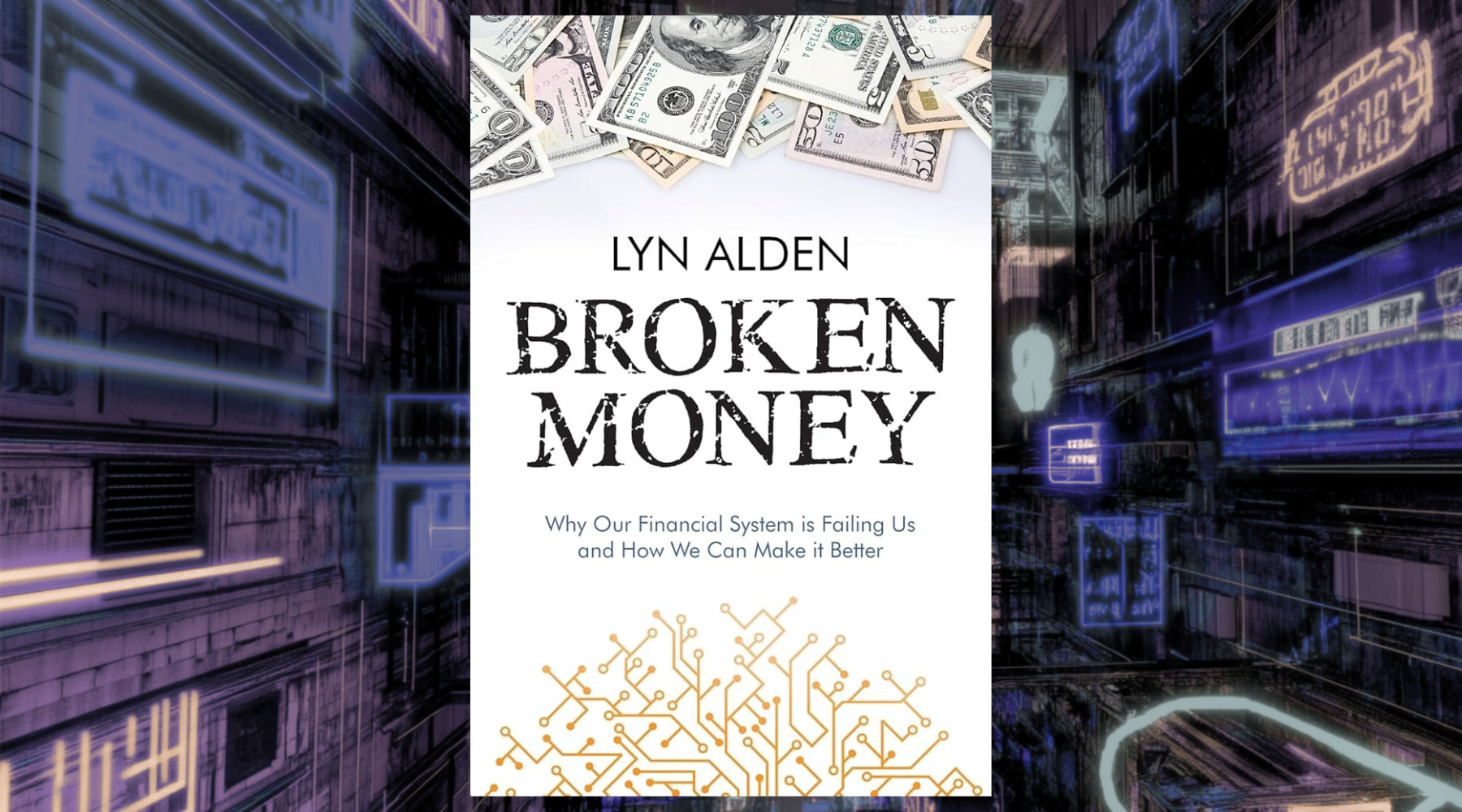The Bitcoin Standard - by Saifedean Ammous
The overall theme of this book revolves around the concept of "sound money" and the necessity for a currency like Bitcoin in today's world. Interestingly, only about 20-30% of the book specifically focuses on Bitcoin. I bought this book to learn about bitcoin, but not only did I learn a lot about bitcoin I also got to read about my favorite topic; the history of money! This is such a great economics book, and it gives a lot to think about for people that are investing long-term in any financial markets.
(This book also makes a very strong case for investing in gold)
About the Author: Saifedean Ammous

Saifedean Ammous is an economist and professor at the Lebanese American University, known for his support of the Austrian School of economic thought. He is the author of The Bitcoin Standard, a book that explores the history of money and argues for Bitcoin as a decentralized, sound alternative to fiat currency. Ammous emphasizes the importance of sound money, critiquing the flaws of government-managed monetary systems and advocating for Bitcoin's potential to become a global reserve currency.
Book Summary
I’m dividing this short book summary into 3 main topics covered in the book:
- The History of Money
- The Economics of Bitcoin
- The Future of Bitcoin as a Global Currency
"The demand for bitcoin stems from the need of individuals all over the world to carry out transactions that bypass political controls and to have an inflation-resistant store of value. For as long as political authorities impose restrictions and limitations on individuals transferring money, and for as long as government money is easy money whose supply can be easily expanded according to the whims of politicians, demand for bitcoin will continue to exist, and its diminishing supply growth is likely to lead to its value appreciating over time, thus attracting ever-larger numbers of people to use it as a store of value." ~ Saifedean Ammous, The Bitcoin Standard
Part 1: The History of Money
Understanding the history of money highlights the importance of stability and reliability in currency. Bitcoin, with its fixed supply and decentralized nature, could bring back sound monetary principles lost with fiat money.

Understanding Money's Evolution
In "The Bitcoin Standard," Saifedean Ammous begins this book by explaining the history of money to show why Bitcoin is revolutionary.
Primitive Money
- Early forms of money included shells, beads, and livestock
- These items were durable, divisible, portable, and had a stable supply
- Made them useful for trade and saving value
- Example: Seashells were widely used as currency in many parts of the ancient world
Golden Age
- Metals like gold became popular due to superior qualities
- Gold's durability, divisibility, portability, and scarcity made it a reliable store of value
- The gold standard linked currency to gold
- Provided economic stability and growth by preventing unlimited money printing
- Key period: The classical gold standard era (1870-1914) saw significant global trade growth
"This property is why gold has been synonymous with sound money: it is money whose supply is guaranteed, thanks to the ironclad rules of physics and chemistry, to never be significantly increased. Try as they might, humans have for centuries failed to produce a form of monetary instrument used by most human civilizations throughout history." ~ Saifedean Ammous, The Bitcoin Standard
The Bitcoin Standard: The Decentralized Alternative to Central Banking
Saifedean Ammous's groundbreaking exploration of Bitcoin as sound money. This comprehensive analysis examines the history of money, the flaws of central banking, and how Bitcoin's decentralized nature offers a superior monetary system. Essential reading for understanding cryptocurrency's role in the future of finance.
View on AmazonFiat Money
- Introduced in the 20th century, not backed by physical commodities
- Can be printed in unlimited amounts
- Leads to inflation and economic instability
- This shift away from gold introduced problems that Bitcoin aims to solve
- Example: The abandonment of the gold standard in 1971 (Nixon Shock) marked a new era of fiat currencies
"Government will always find a reason and a way to print more money, expanding government power while reducing the wealth of the currency holders." ~ Saifedean Ammous, The Bitcoin Standard
Part 2: The Economics of Bitcoin
Bitcoin's fixed supply, security, and digital nature make it a superior form of money compared to fiat currencies. It offers a stable store of value and a decentralized alternative to government-controlled money.

Bitcoin's Economic Principles
Saifedean Ammous dives into Bitcoin's economic principles, comparing it to digital gold and showing why it could be a better form of money.
Bitcoin as Digital Gold
- Bitcoin is scarce, divisible, portable, and secure
- Fixed supply of 21 million coins prevents inflation (absolute scarcity)
- Can be easily divided into small units (satoshis)
- Transferred globally at low cost, bypassing traditional banks
- Unlike gold, Bitcoin can be sent instantly across the world without physical transportation
Monetary Policy and Inflation
- Fiat currencies are inflationary due to government money printing
- This devalues the currency and erodes purchasing power
- Bitcoin's fixed supply makes it deflationary
- Its value could increase over time, making it a good store of value
- Concept: "Hard money" vs "Easy money" - Bitcoin represents a return to hard money principles
Bitcoin Mining
- Secures the network through proof-of-work
- Miners solve complex problems using powerful computers
- Consumes energy but ensures Bitcoin's security and scarcity
- Crucial for maintaining its value
- Halving events: Bitcoin's built-in mechanism to reduce new coin creation over time
Part 3: The Future of Bitcoin as a Global Currency

Global Reserve Currency
- Bitcoin could become a global reserve currency
- Offers a decentralized alternative to the US dollar
- Fixed supply and decentralized nature make it resistant to inflation and political manipulation
- Potentially leading to a more stable global economy
- Challenge: Overcoming the network effects of established currencies like the US dollar
Financial Sovereignty
- Allows individuals to control their wealth without relying on banks or governments
- Especially valuable in regions with unstable currencies
- Offers financial services to the unbanked
- Promotes economic development and reducing inequality
- Example: Use of Bitcoin in countries experiencing hyperinflation, like Venezuela
"The integrity of the bitcoin ledger of transactions is achieved without having to rely on any single party being honest. By relying entirely on verification, bitcoin dooms fraudulent transactions to failure and obviates the need for trust in anyone for transactions to be completed." ~ Saifedean Ammous, The Bitcoin Standard
Challenges and Criticisms
- Faces regulatory, technological, and perception challenges
- Governments and financial institutions may resist its adoption
- Public skepticism due to associations with illegal activities and price volatility
- Needs to be addressed through education and technological improvements
- Scalability issues: Ongoing debates about how to increase transaction throughput while maintaining decentralization
Conclusion
"Whether in Rome, Constantinople, Florence, or Venice, history shows that a sound monetary standard is a necessary prerequisite for human flourishing, without which society stands on the precipice of barbarism and destruction." ~ Saifedean Ammous, The Bitcoin Standard
The Bitcoin Standard does makes a strong case for Bitcoin as a reliable alternative to traditional currencies. Whether you end up thinking Bitcoin is great or not, this book gives you a lot to think about when it comes to money and how it might change in the future. Since reading this book I’ve spent more time tracking Bitcoin and I’ve been paying more attention to our current politics around cryptocurrency. It’s an exciting field to track and learn more about!
If you've made it this far, I would really recommend checking out my book summary on Economic Policy by Ludwig von Mises. Mises had an undeniably major impact on economic policies around the world and this is a must read for anyone interested in economics, specifically the Austrian school of economics.










Leave a comment
This site is protected by hCaptcha and the hCaptcha Privacy Policy and Terms of Service apply.